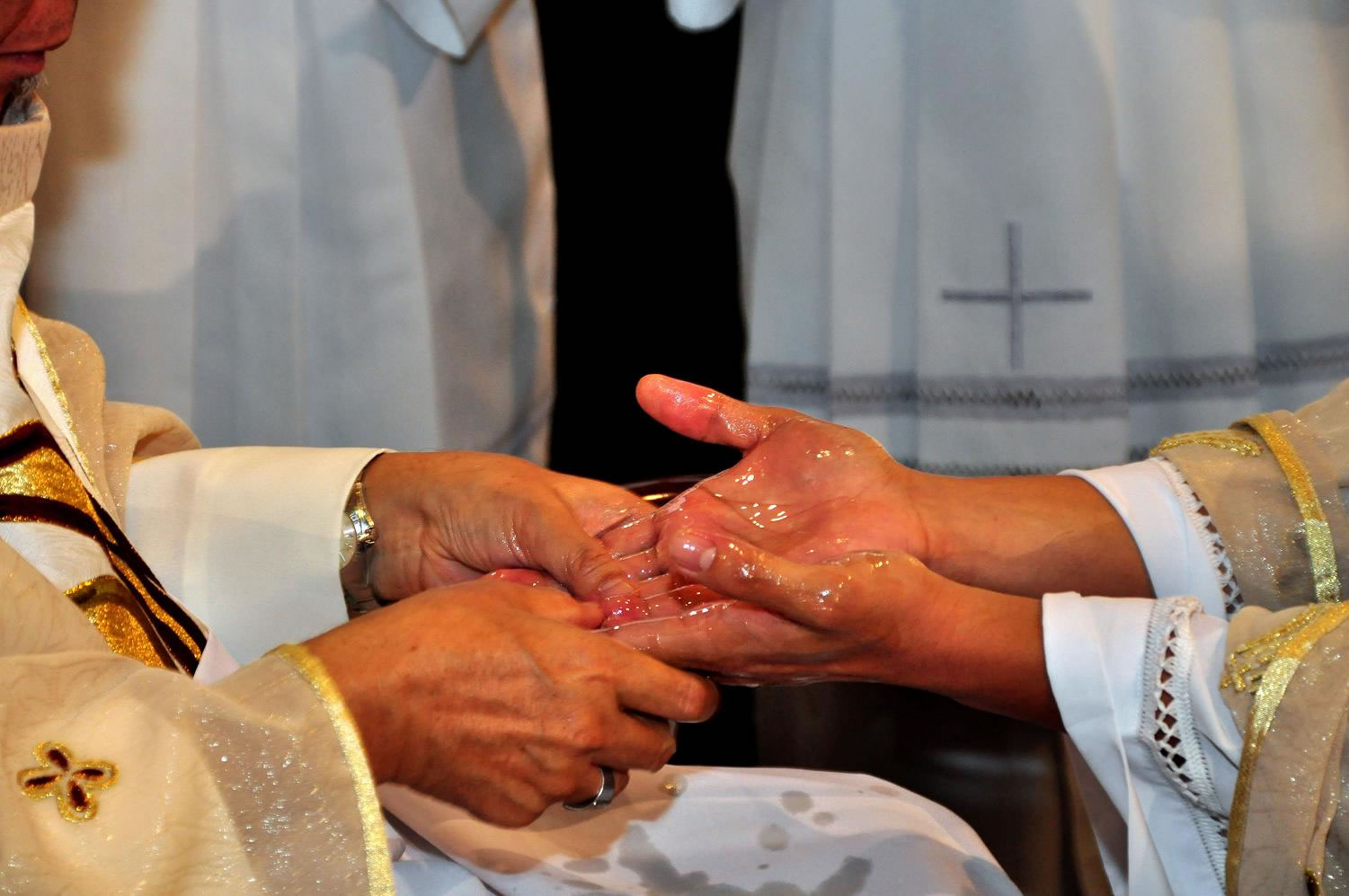How a poem about our Lady on this Mother’s Day? This is a poem I have posted before. It’s also about the Ascension, about her experience after Jesus ascended. Seems doubly appropriate for today.
Our Lady of the Assumption
Fold your love like hands around the moment.
Keep it for conference with your heart, that exit
Caught on clocks, by dutiful scribes recorded
Less truly than in archives of yor soul.
Turn back from His going, be His still-remaining.
Lift the familiar latch on cottage door . . .
Discover His voice in corners, hear His footfalls
Run down the porches of your thoughts. No powers
However hoarse with joy, no Dominations
Curved with adoration guess what whispers
Of “Mother, look!” and “Mother, hurry!”
Glance off the cottage walls in shafts of glory.
How shall your heart keep swinging longer, Mary?
Quickly, quickly, take the sturdy needle
Before your soul crowds through your flesh! the needle
And stout black thread will save you. Take the sandal
Peter left for mending. After that,
The time is short, with bread to bake for John.
Mother Mary Francis





